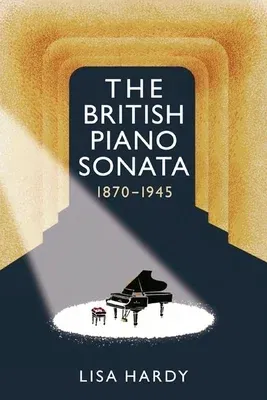An updated edition of the first book on this subject, covering
influences, key works and reception history.
From the start of the English musical renaissance, British composers
were preoccupied with Germanic principles of sonata writing, despite
their subsequent exposure to influences outside this tradition, among
them late romantic music, French impressionism, Russian nationalism,
Scriabin, British folk music, African-American music and neo-classicism.
Regardless of education - or the climate, fully explored here, at the
Royal College and the Royal Academy - the Austro-German tradition proved
inescapable. This first study of the subject offers detailed commentary
on key works, with plentiful musical examples, revealing influences and
techniques and demonstrating composers' attitudes towards the genre. The
reception history of the piano sonata is also discussed, to build up a
picture of public musical taste. The appendix contains transcripts of
interviews, including one with Sir Michael Tippett; these are
particularly significant, as most of the subjects are now dead. Also
included is a useful reference section, cataloguing the sonatas, as well
as a full discography chronicling the recording history of each sonata,
updated in 2012.
Lisa Hardy studied music, mathematics and education at the University of
Keele and researched her PhD at Goldsmiths' College, London, under the
supervision of Professor Peter Dickinson. She works as a freelance piano
and flute teacher and piano accompanist in the North East of England and
teaches music at Durham High School for Girls.

